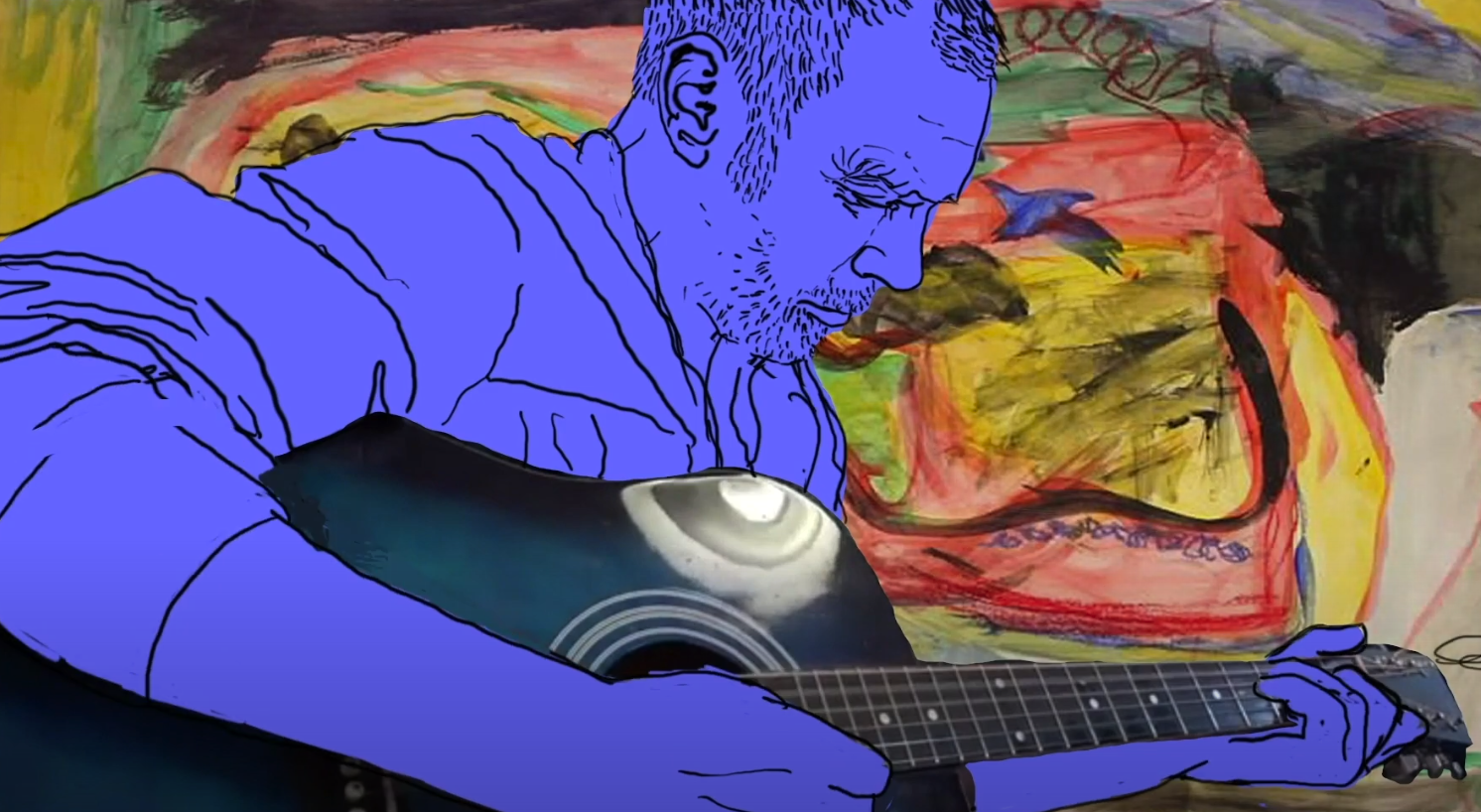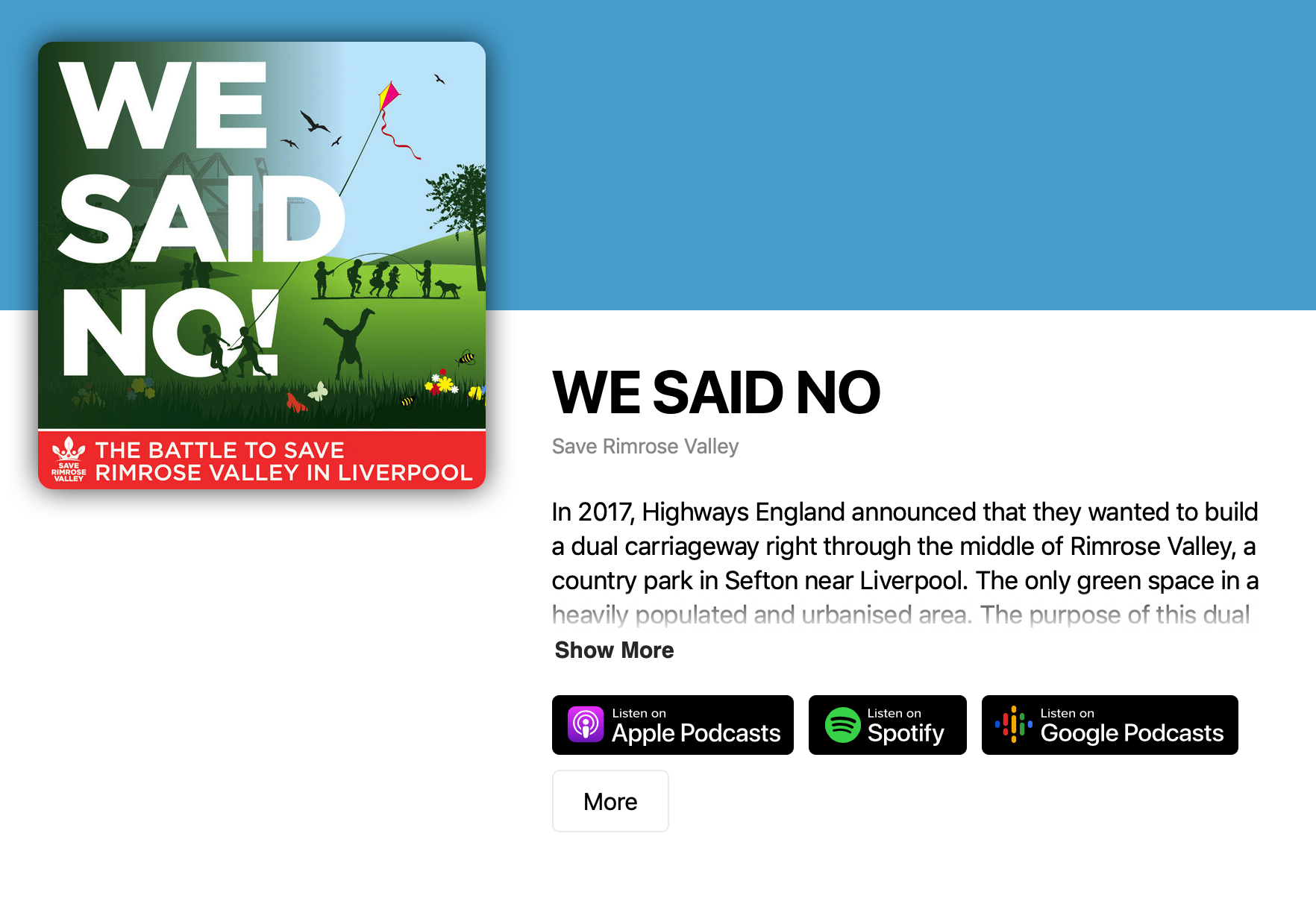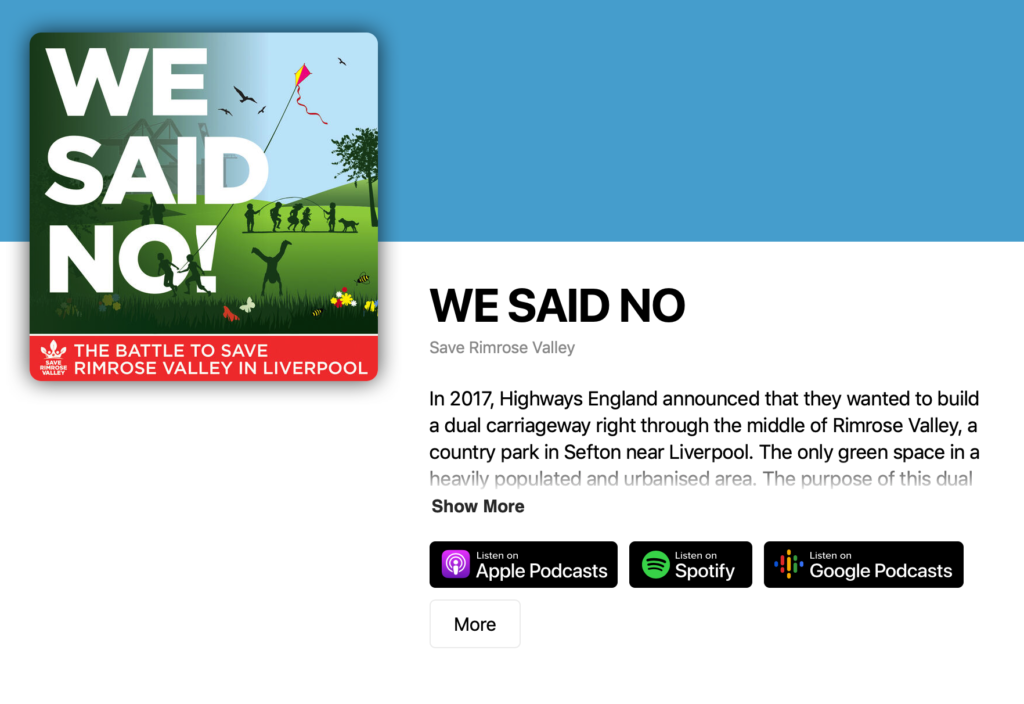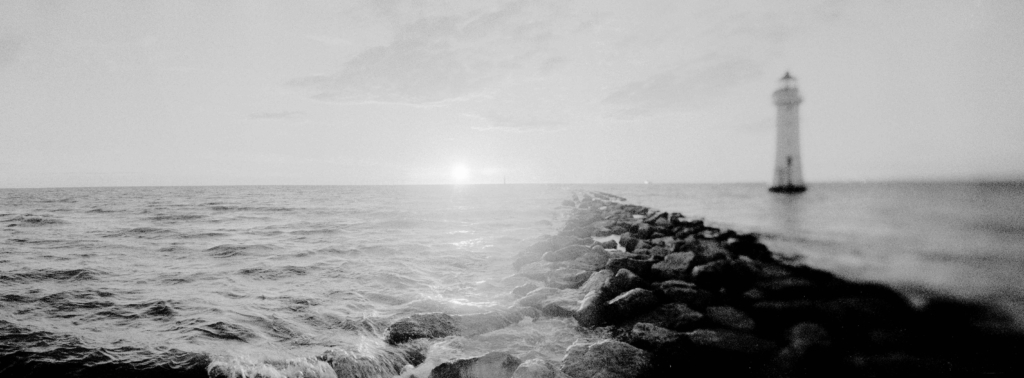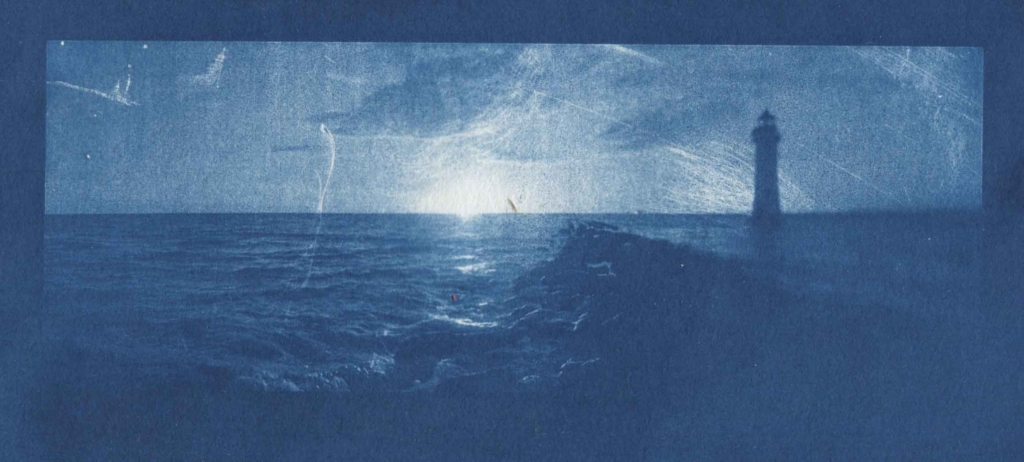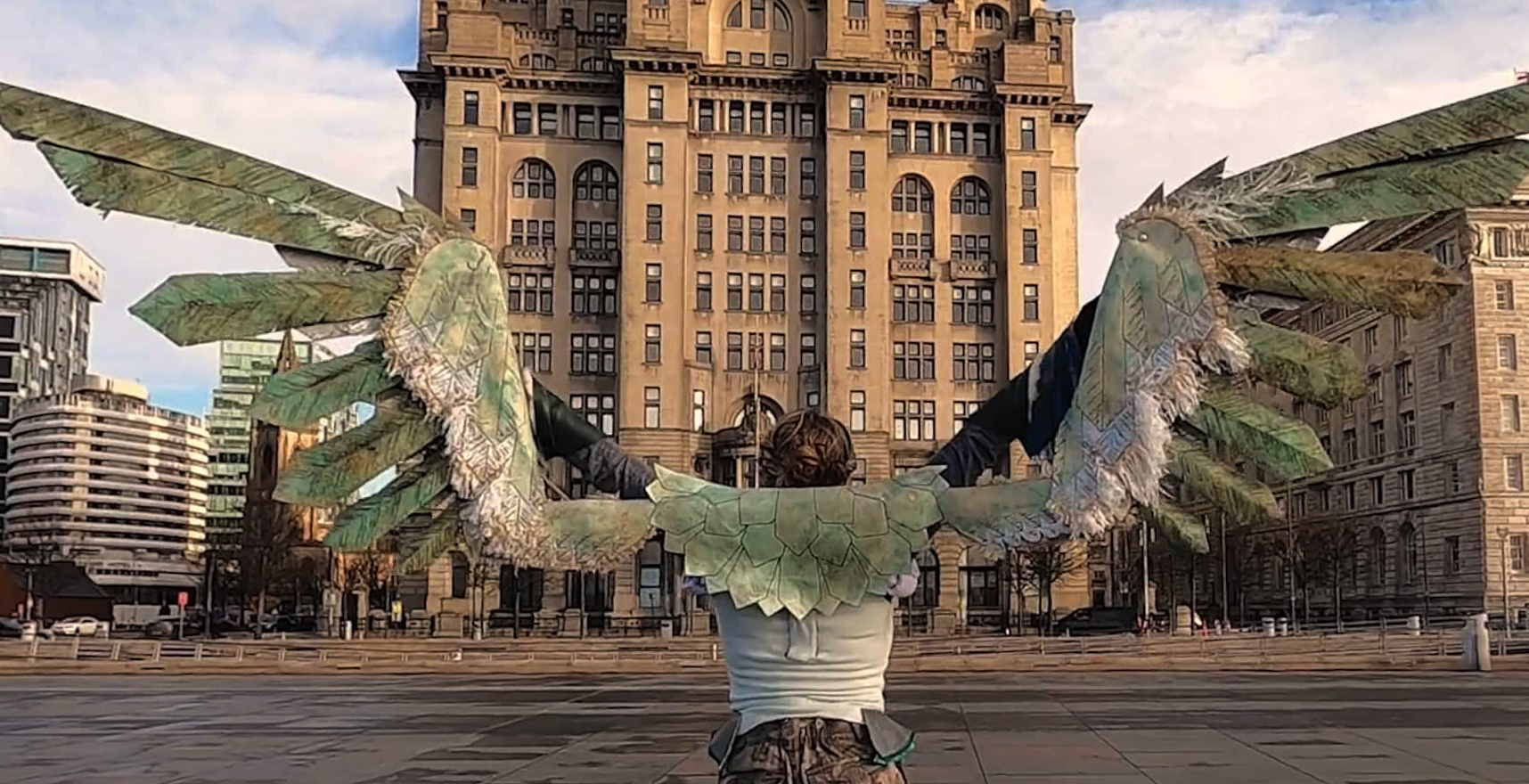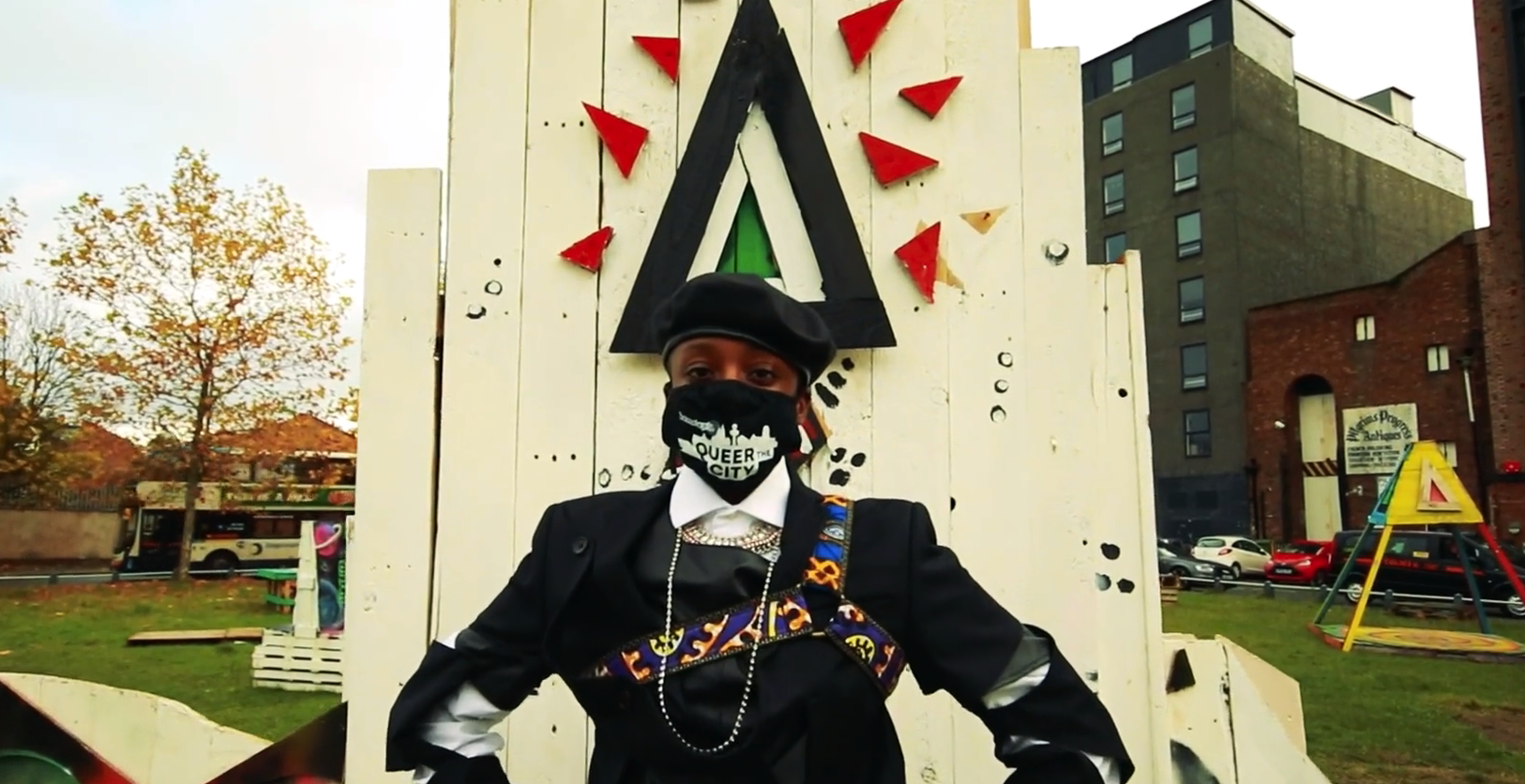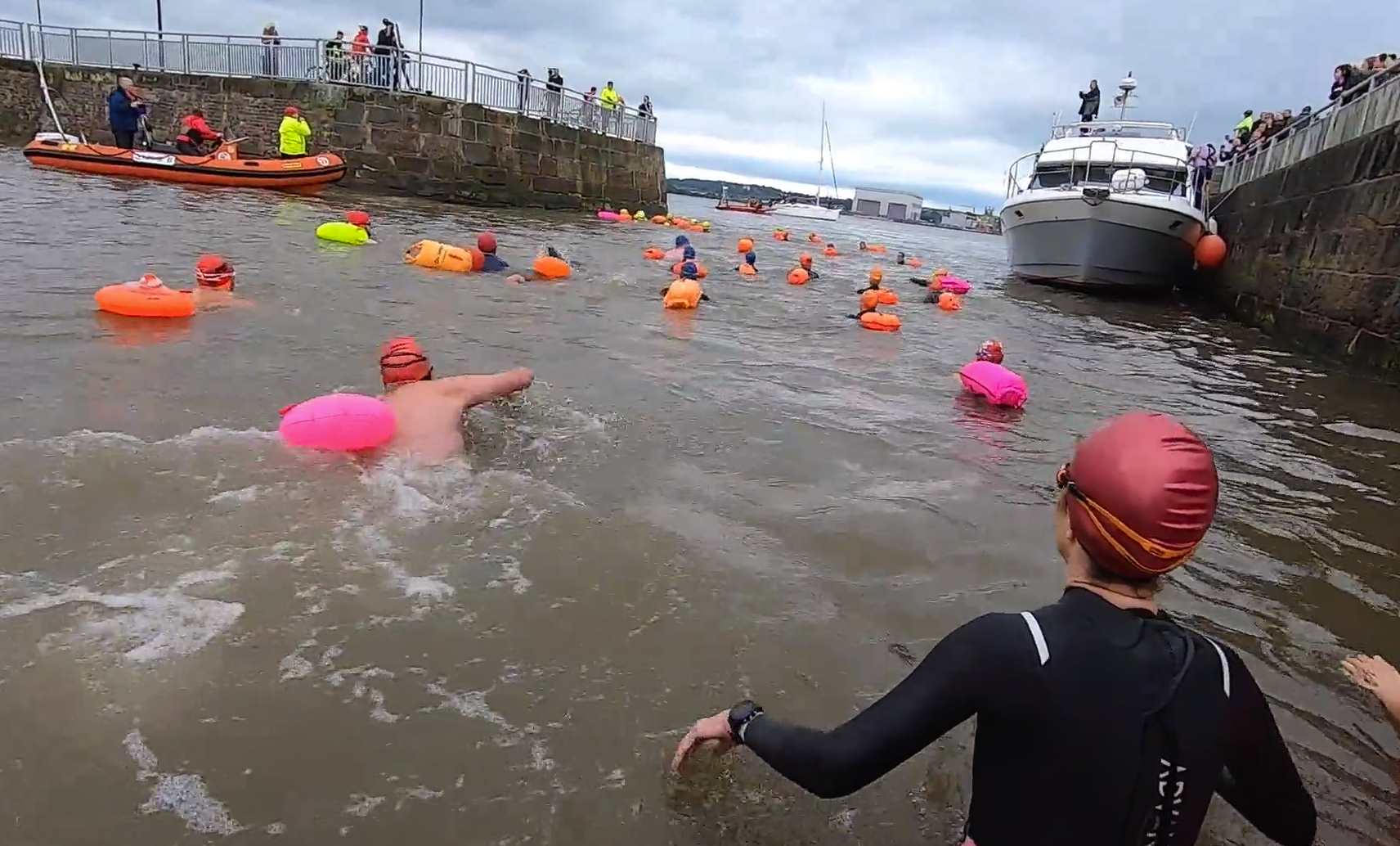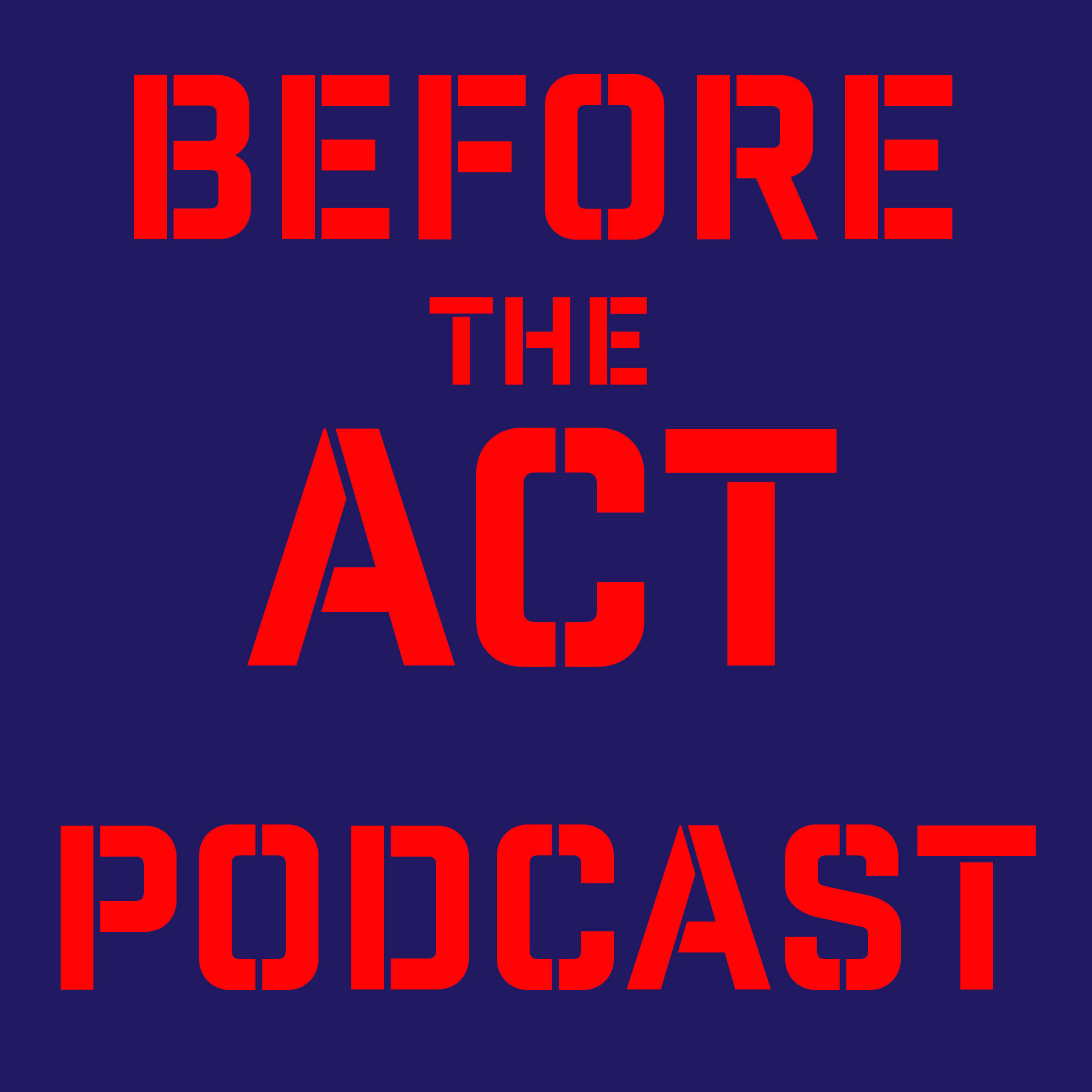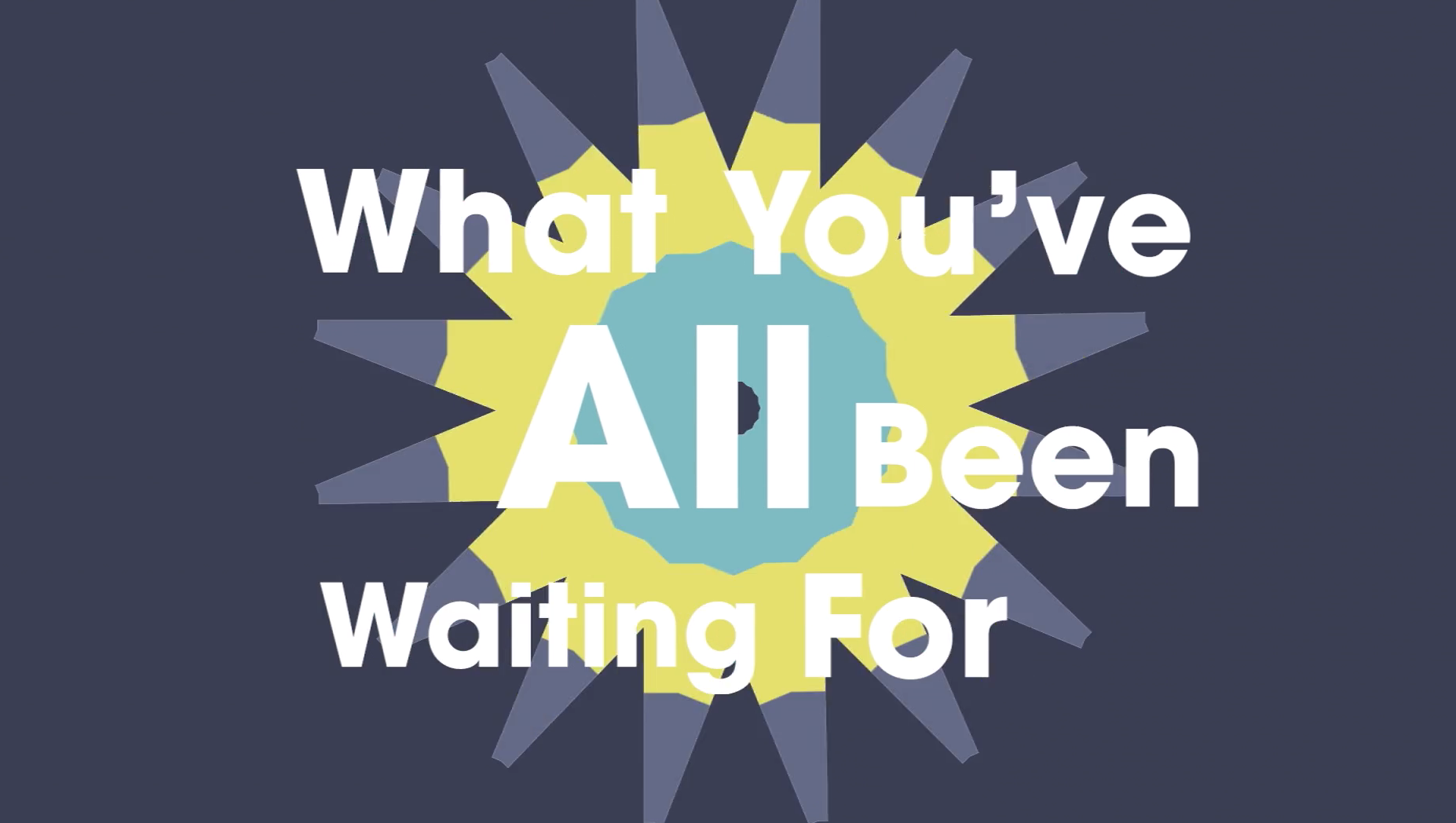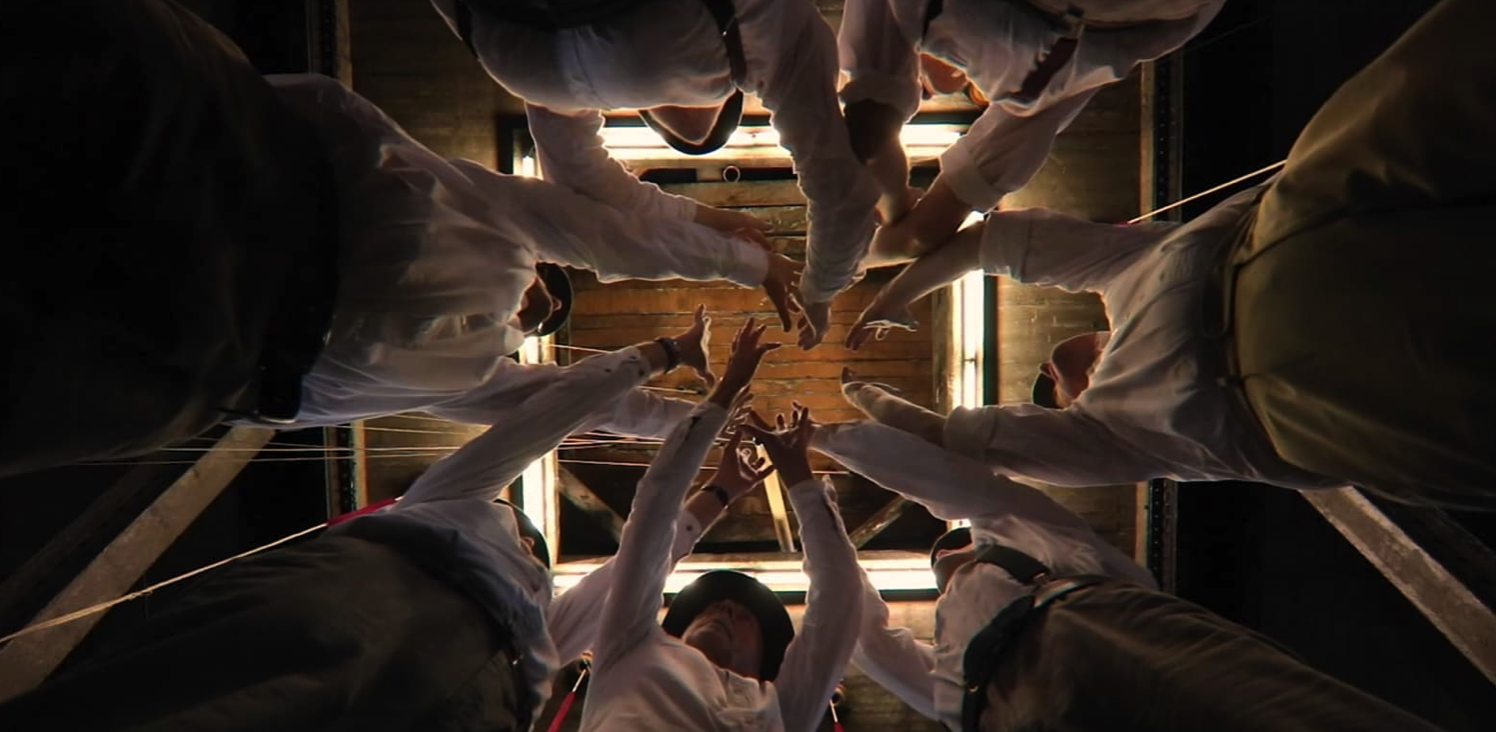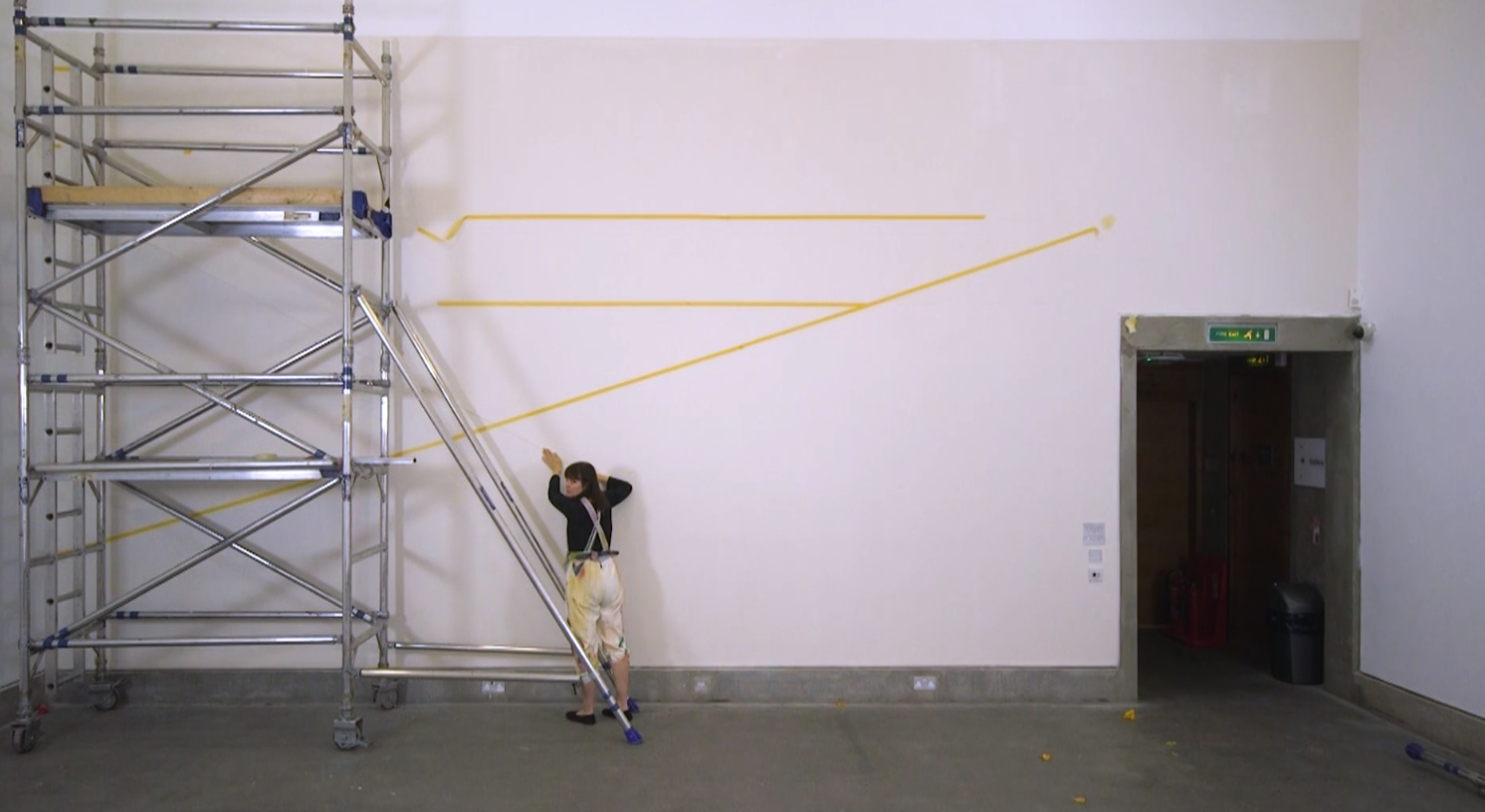For the last 5 years I have been working with Artists Robin Whitmore and Mark Whitelaw on Duckie’s The Slaughterhouse Club.
The Slaughterhouse Club was a participatory arts project with homeless vulnerable Londoners struggling with booze and addiction issues. The project ran for forty weeks per year until 2020.
The participants – about 45 hostel residents regularly working throughout the year – were treated as artists and encouraged to make creative work. Together they make songs, poems, stories, short plays, animations, puppet shows, slide shows, paintings, films and videos. The Slaughterhouse Club engaged residents of the hostels to connect with themselves and their community through the creation of these arts activities – to aid harm minimisation and personal growth.
The work was very delicate and the hostel environment is very unpredictable. Our participants lead chaotic lives, and struggle with entrenched alcohol and drug addictions, fragile mental health and often run-ins with the authorities. Most of the work was one-to-one, drawing out creativity through personal conversations and developing inventive exercises. The Slaughterhouse Club was produced by Duckie in association with Thames Reach Hostels and funded by the Big Lottery Fund and Vauxhall One.
